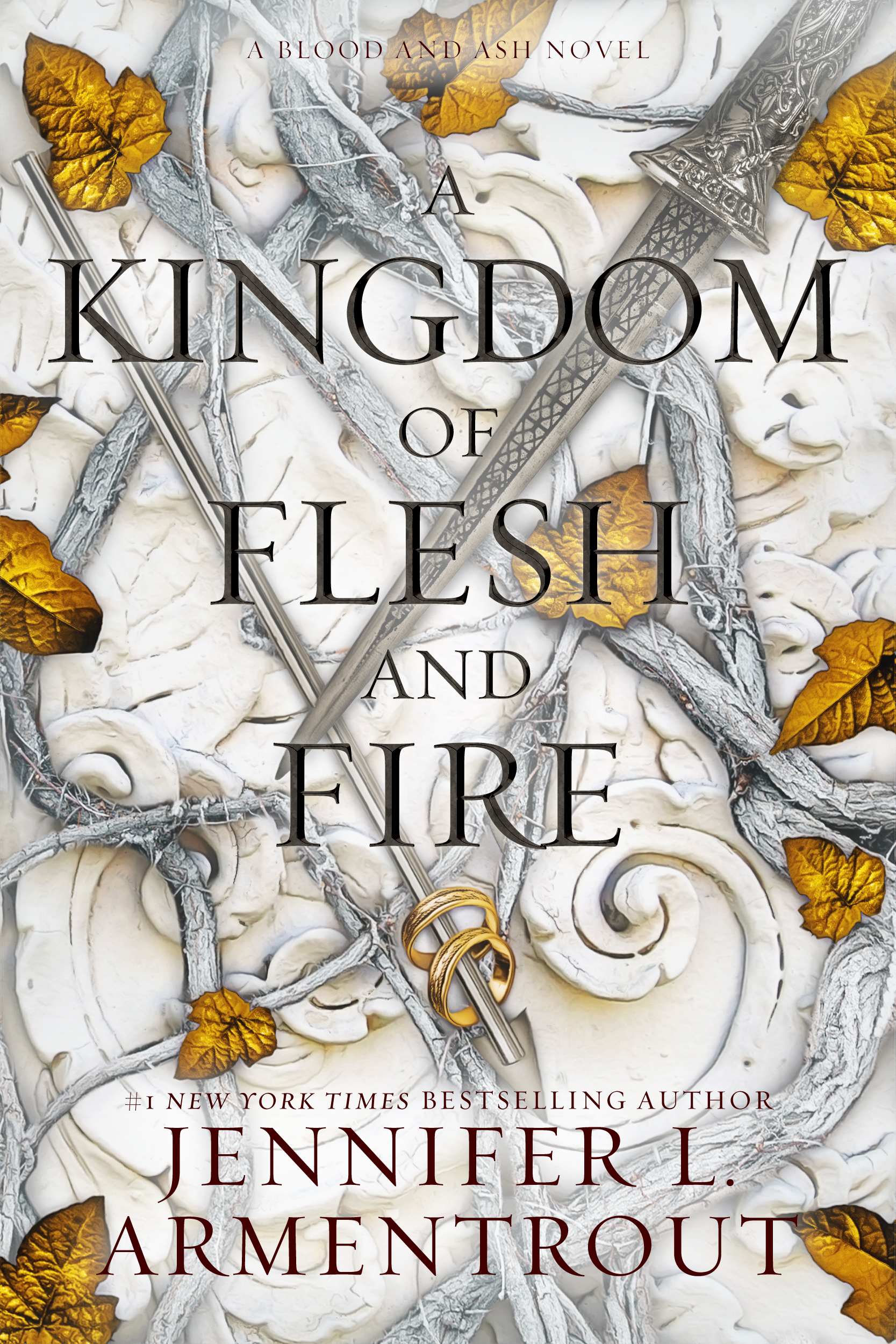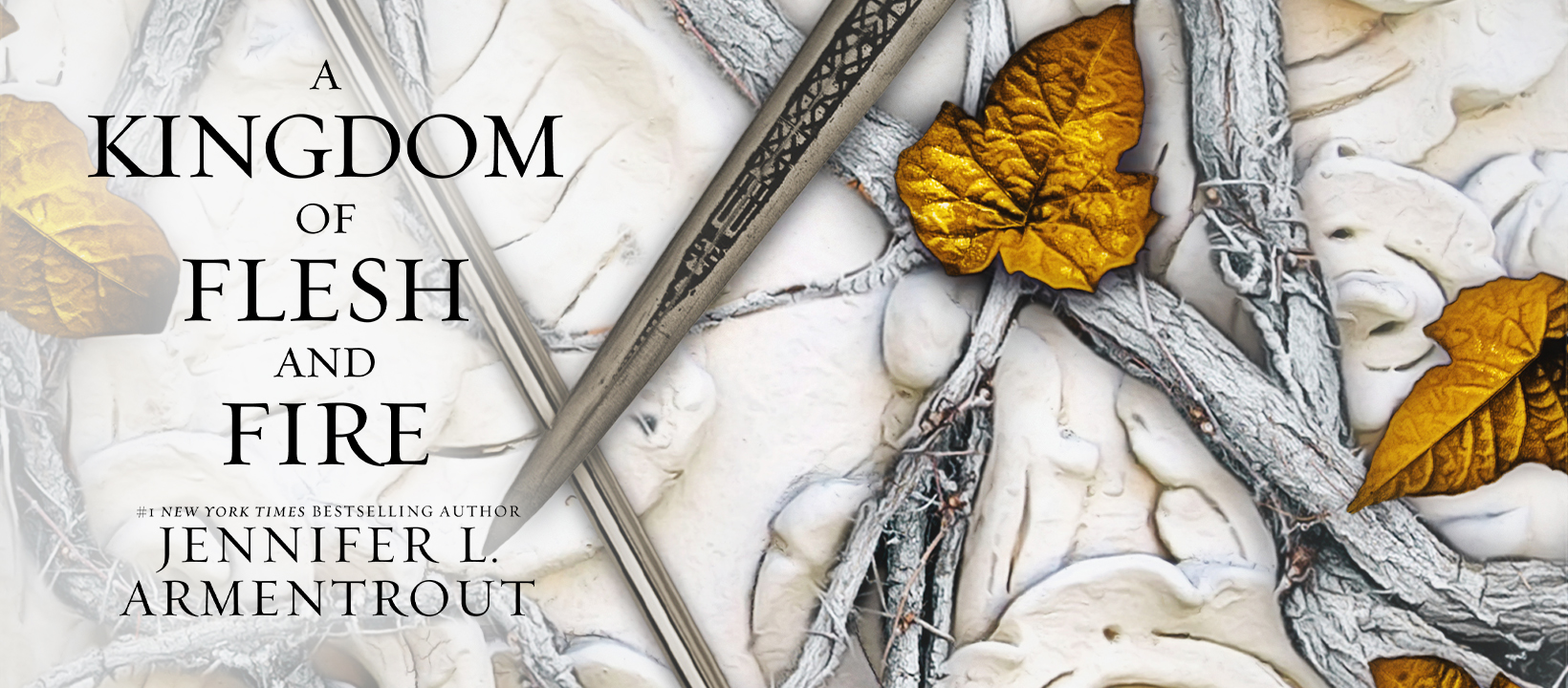
Title: Persian Betrayal
Series: Empires of Armageddon,
Book 2
Author: Terry Brennan
Publisher: Kregel Publications
Release
Date: July 28,
2020
In Terry Brennan’s
Empires of Armageddon series, Diplomatic Security Service Regional Security
Officer Brian Mullaney has been tasked with an incredibly dangerous mission—to
deliver the Vilna Gaon’s second prophecy, along with the deadly box that
protects it, to the rabbis at the Hurva synagogue in Jerusalem. When a
synagogue is destroyed by an explosion, both the prophecy and box are buried in
the rubble along with the answers Mullaney so desperately needs. How can he
discover the meaning of the centuries-old prophecy now? Why are he and the
ambassador he’s assigned to protect being targeted? Is there any way he alone
can thwart a nuclear arms race?
Brennan shares more about
the series, and specifically the second installment of the trilogy, Persian
Betrayal, in the interview that follows. He talks about the spiritual
warfare his hero, Brian Mullaney, faces in the story as well as the daily
battles Christians face. Brennan also shares the prophetic inspiration for his
story and his thoughts on what’s going on in the world today.
Q: Can
you give us a quick introduction to the Empires of Armageddon series and what
took place in book one, Ishmael Covenant?
Three ancient empires are
rushing toward a collision in the volatile Middle East, an official high in the
US State Department is conspiring with a foreign power against the US
president, a centuries-old prophecy is unveiled that heralds Christ’s imminent
return, and malevolent, created, eternal beings—fallen angels—are determined to
invalidate biblical prophecy so they can manufacture a different ending to the
Bible, reversing the outcome of the battle of Armageddon.
In Ishmael Covenant,
Diplomatic Security Service agent Brian Mullaney is banished to Israel to
protect the new US ambassador, Joseph Atticus Cleveland. Mullaney and the
ambassador are thrust into the cauldron of Middle East conflict—political,
personal, and spiritual conflict. They come into possession of an ancient,
lethal metal box that supposedly holds a second prophecy that could both
threaten the nascent peace treaty between Israel and all its Arab neighbors—the
Ishmael Covenant—and also reveal the insidious plot of their evil enemies. Mullaney
finds himself fighting for the life of the ambassador and his daughter, for his
own crippled marriage, and in a spiritual battle (for which he is unprepared)
against the agents of evil who are determined to destroy the box, the prophecy,
and the Middle East as we know it.
Q: Where
does the second book, Persian Betrayal, pick up the action? Will
readers be able to join in if they haven’t read the first installment?
The story in Persian
Betrayal commences exactly where Ishmael Covenant ends, with the
destruction of the Hurva Synagogue in Jerusalem by agents of the Turk, an
otherworldly servant of evil. The Turk and his men are still trying to destroy
the prophecy of the Vilna Gaon and the box that protects it.
I believe the story would
be more deeply understood and appreciated by reading Ishmael Covenant
before Persian Betrayal. Even though the entire trilogy has one
overarching narrative story, each book in the series is complete in itself.
Each contains a compelling and rewarding story arc, but each book also ends
with a cliff-hanger conclusion designed to propel the reader further into the
following book.
Q: The
whole trilogy takes place in a short time span. Does that make it harder or
easier to write the series?
Both.
Confining the majority of
the trilogy’s plot structure to a relatively compact span of time built a world
that—for me—remained vibrant, alive, and active throughout the writing process
and limited the amount of research necessary. On the negative side, because of
the worldwide stage upon which the trilogy plays out (over a large number of
time zones), the significant cast of characters, and the rapid shifts in action
from one locale to another, keeping the scenes in the correct order was a
challenge.
For each book, I created an
Excel spreadsheet outline/timeline for myself that tracked the date and time
for each scene. I also included the time stamp in the book with each change of
scene to help orient the reader. Each line of my spreadsheet also included a
short, descriptive sentence about of what happened in each scene, so if I had
to move scenes around, they were still in sequential order. Still, there were
several instances where I got into a significant bind. Squeezing that much action
into a short time span was certainly arduous.
Q: The
prologue shares a fictional retelling of Moses and the battle against the
Amalekites from Joshua’s perspective. Is the inclusion of this story tied to
the prophecies central to the story line of the series?
I don’t think it gives
anything away too soon, but one portion of the second prophecy is deciphered to
read “. . . when the sons of Amalek are invited to the king’s
banquet . . .” In the Bible, following the battle of
Rephidim—where Moses’s arms are kept raised by Aaron and Hur while the
Israelite army routs a much larger army of Amalekites—Moses tells Joshua that
God spoke, “I will completely blot out the name of Amalek from under
heaven.”
Historically, it is a
widely held belief that the nomadic tribes known as Amalek were the descendants
of Ishmael, Abraham’s illegitimate son by Hagar. These tribes became the
Bedouin nomads who eventually populated vast stretches of the desert on both
sides of the Red Sea and are now known as Arabs. The enmity between Arabs and
Jews (the sons of Jacob) has continued for centuries. Within my story, when
Israel signs a peace treaty, known as the Ishmael Covenant, with Saudi Arabia,
Egypt, Jordan, and the Arab states along the Persian Gulf, that covenant can certainly
be interpreted as Amalek being “invited to the king’s banquet.”
In Persian Betrayal,
that line, and other lines in the Vilna Gaon’s second prophecy, are a prophetic
warning to the nation of Israel—one that may be too late to heed.
Q: How do
the spiritual themes of the series such as spiritual warfare carry through in Persian
Betrayal?
From the time the Vilna
Gaon, a Jewish Talmudic genius, wrote two prophecies in 1794, relentless forces
of evil arrayed against him to destroy the prophecies and prevent them from
fulfilling their purpose. Those forces of evil were created, eternal
beings—fallen angels. To protect the Gaon and the prophecies, angels from the
throne room of God were dispatched to join the battle, a battle waged both in
the heavenly realms and also on the earth.
In the Bible, the book of
Ephesians references “heavenly realms” five times and refers to the battle
“against the rulers, against the authorities, against the powers
. . . against the spiritual forces of evil in the heavenly realms.”
In this series, our protagonist, Brian Mullaney, is drawn into this conflict
against desperate evil forces who want to change the end of the Bible with an
earthly battle that has eternal consequences. My NIV Study Bible has a
note on Ephesians 1 that reads, “The spiritual struggle of the saints here and
now is not so much against ‘flesh and blood’ as against the great spiritual
forces that war against God in heaven.” The spiritual warfare in Persian
Betrayal is real, personal, dangerous, and frightening to our characters.
And its outcome has eternal ramifications. Not so much different than today.
Q: Is the
Vilna Gaon a fictional character, and are his prophecies a product of your
imagination?
The Vilna Gaon, Rabbi
Elijah ben Solomon Zalman, was a real person who lived from 1720 to 1797 in
Vilnius, Lithuania. A lifelong student of the Jewish scripture, the Gaon
authored voluminous and accurate notes and explanations of Talmudic and other
texts. He was internationally revered as one of the most familiar and
influential figures in rabbinic study since the Middle Ages. A vigorous
Talmudist and kabbalist, the Vilna Gaon was the foremost leader of non-Hasidic
Jews of his time, and his followers remain active in Jewish scriptural
interpretation and debate to this day.
In late March 2014, Rabbi
Moshe Shturnbuch, the Gaon’s great-great-grandson, actually revealed a prophecy
written by the Gaon in 1794. In part, the prophecy said, “When you hear
that the Russians have captured the city of Crimea, you should know that the
times of the Messiah have started, that his steps are being heard.” About
a month earlier, on February 27, 2014, in the midst of political upheaval in
the Crimea, Russian special forces seized the buildings of the Crimean Supreme
Council and Council of Ministers. Russian flags were raised over these
buildings, fulfilling the 210-year-old prophecy.
While the Gaon’s actual
prophecy is written into my fictional series, the story of the second prophecy
is a product of my imagination.
Q: What
mission is Brian Mullaney tasked with?
Brian Mullaney is a highly regarded,
nineteen-year veteran of the Diplomatic Security Service, the 2,500-person
armed force that protects American foreign service personnel overseas and the
most widely represented law enforcement agency in the world. Presenting a
danger to a rogue US State Department deputy secretary, Mullaney is banished to
Israel as regional security officer and assigned to protect new US Ambassador
Joseph Atticus Cleveland and all the foreign service personnel in Israel.
Mullaney, however, is also enlisted into another task.
Through the influence of
the massive angel Bayard, and the insistence of aged Rabbi Mordechai Herzog,
Mullaney finds himself responsible for a metal box, emblazoned with kabbalistic
symbols, that has gruesomely killed anyone who touches it. Originally the
protective container of the Vilna Gaon’s second prophecy, the “box of power”
now has a mission of its own, a mission that will put both Mullaney’s life and
the life of Ambassador Cleveland at risk and transport Mullaney into the
darkest depths of hell on earth.
Q: How
does Brian’s faith prove a challenge in his work? Does he feel a pull between
serving God and doing his job?
Brian Mullaney is a
get-in-touch-with-God Christian. It’s not until the third book that his church
is even mentioned. But his close, personal connection to God is evident
throughout the series as he prays urgently and fervently on several occasions,
pleading for God’s help and direction in the massive challenges facing him. He
seeks God’s guidance on how to resurrect his marriage to Abby and rescue his
family even though he’s nearly halfway around the globe. He prays to be
faithful to his duty as the DSS’s top security officer in the Middle East and
the man most responsible for the life and safety of Ambassador Cleveland. And
he must rely on God in coming to grips with the daunting spiritual
responsibility others want to place on his shoulders and in learning to live
with the recent loss of his father and the wounds that were never healed.
In Persian Betrayal,
Mullaney begins to suffer through the agonizing choices he needs to make
while dealing with nearly constant attacks from a group of Turkish terrorists
who have put all their lives at risk. Desperate to get home and repair his
rocky marriage, yet determined to faithfully serve Cleveland and fulfill his
duty, Mullaney must face one of the most crushing moments of his career while
he awaits God to answer his pleas.
Q: What
pressures does Brian experience from home? Would he be able to step away from
the situation even if he wanted to?
Abigail and Brian Mullaney
have been married for nearly twenty years. The first ten were great. The second
ten were not so hot as they endured the consequences of moving eleven times
from one assignment to another. But Brian promised Abby this was it—his
assignment to Washington, DC, was the last move. They could settle down, and
the girls could go to the same school. When he got unfairly booted out of DC
and dispatched to Israel, Abby refused to go with him.
Mullaney was caught between
promises—one to himself that he would never shirk his duty or betray a
confidence, and the second to Abby that she would never have to move her family
again. Abby had a simple question for her husband: “Who’s more important,
Brian? Me? Your daughters? Or your job at the State Department?” To Mullaney
the answers were “Yes” and “Yes,” but he knew that would never fly at home. Was
his only option resignation from the Diplomatic Security Service? Could he turn
his back on his duty? The answer to that question could cost him the most
precious people in his life.
Q: The
Empires of Armageddon series is categorized as end-times fiction, as it
features prophecies and an epic battle. Many people believe everything that has
been going on in 2020 are prophetic signs. What do you think personally of all
this talk?
Wars and rumors of wars.
Famine. Now a global plague the likes of which hasn’t been seen in a century.
And an unprecedented, mammoth invasion of locust ravaging the African
continent. Sounds ominous, all right. The moral decline in our nation—where
what was once illegal, and always immoral, is now celebrated openly in the
streets—has been precipitous. The cultural persecution of Christians is more
subtle but growing ever more virulent.
I blame myself. I was born
in 1947 and went to college from 1964 to 1968 in the midst of the cultural
revolution that reversed the ethical and moral compass of America. I marched
and protested, trampled the faith of my youth, and lived a free life. I sowed
the seeds for the moral disaster we are watching unfold today. Do I think we’re
looking at end-times harbingers today? If not now, it won’t be long. The clock
started ticking with the 1948 birth of the nation of Israel. More than seven
decades have already count down. Are we closing in on our final hours? I don’t
know. But I think the alarm is ringing.
Q: One of
your endorsements describes the series as a look at the dark world of political
corruption. Is any of that element of the story based on actual events?
Not in the sense that we
would normally think of political corruption. I’m not writing about bribes and
backroom deals, rigged elections, graft and embezzlement, conflicts of
interest, or abuse of power. But there are definitely some dark deeds in the
halls of power. The only actual event referred to in the series is what’s known
as the Iran nuclear deal. But in this fictional world, there is a traitor in
the State Department who’s trying to prevent the deal from being consummated,
not because of a political agenda but because a billionaire banker doesn’t want
to lose the $2 billion in Iranian funds frozen in his banks since the Iranian
hostage crisis of 1979. In the book there is a coup overthrowing a legitimate
government, a number of international double crosses, and power-driven men
intent on resurrecting ancient empires, regardless of the cost. Not unlike
actual events but, no, not based on any truth that I know.
Q: Can
you give us a sneak peek into the final installment of the series, Ottoman
Dominion?
How not
to give away all the good parts? Let’s just say that after Mullaney endures a
devastating loss at the end of Persian Betrayal, all the diverse
plotlines converge when Ambassador Cleveland decides to take the situation into
his own hands. He determines to go AWOL from Tel Aviv without his security
detail and flies to Ankara to confront Turkish president Emet Kashani. But when
Cleveland finds his life and soul in mortal danger, Brian Mullaney must find a
way to fulfill all the missions God has rested upon his shoulders—rescue the
ambassador, resurrect his marriage, and fulfill the destiny of the box of
power. Ottoman Dominion is nearly nonstop action that comes to a
remarkable, unexpected, and very personal ending.
My
Thoughts:
I absolutely
LOVED Terry’s “Persian Betrayal”! I really enjoy when an author can bring his
characters to life but at the same time bring the setting of the story to life
as well. Terry did a phenomenal job at doing this and I really felt like I was
right there with Brian in Israel. I loved that it was fast paced and full of
action with its twists and turns and I can’t wait for the next book!
Persian
Betrayal is a Five Star Read!
Terry
Brennan is the award-winning author of The Sacred Cipher, The Brotherhood
Conspiracy, and The Aleppo Code, the three books in The Jerusalem Prophecies
series. His latest series is Empires of Armageddon, which includes Ishmael
Covenant and Persian Betrayal.
A Pulitzer
Prize is one of the many awards Brennan accumulated during his twenty-two-year
newspaper career. The Pottstown (PA) Mercury won the Pulitzer Prize for
Editorial Writing for a two-year series
published
while he led the team as the newspaper’s editor.
Starting out
as a sportswriter in Philadelphia, Brennan became an editor and publisher for
newspapers in Pennsylvania, Illinois, and New York and later moved to the
corporate staff of Ingersoll Publications (four hundred newspapers in the
United States, Ireland, and England) as executive editor of all US newspapers.
In 1996,
Brennan transitioned into the nonprofit sector, spending twelve years as vice
president of operations for The Bowery Mission and six years as chief
administrative officer for Care for the Homeless, both in New York City. Terry
and his wife, Andrea, now live in Danbury, Connecticut.
More on Brennan
can be found at www.terrybrennanauthor.com. He is also on Facebook (Terry
Brennan) and Twitter (@terrbrennan1).
a Rafflecopter giveaway







